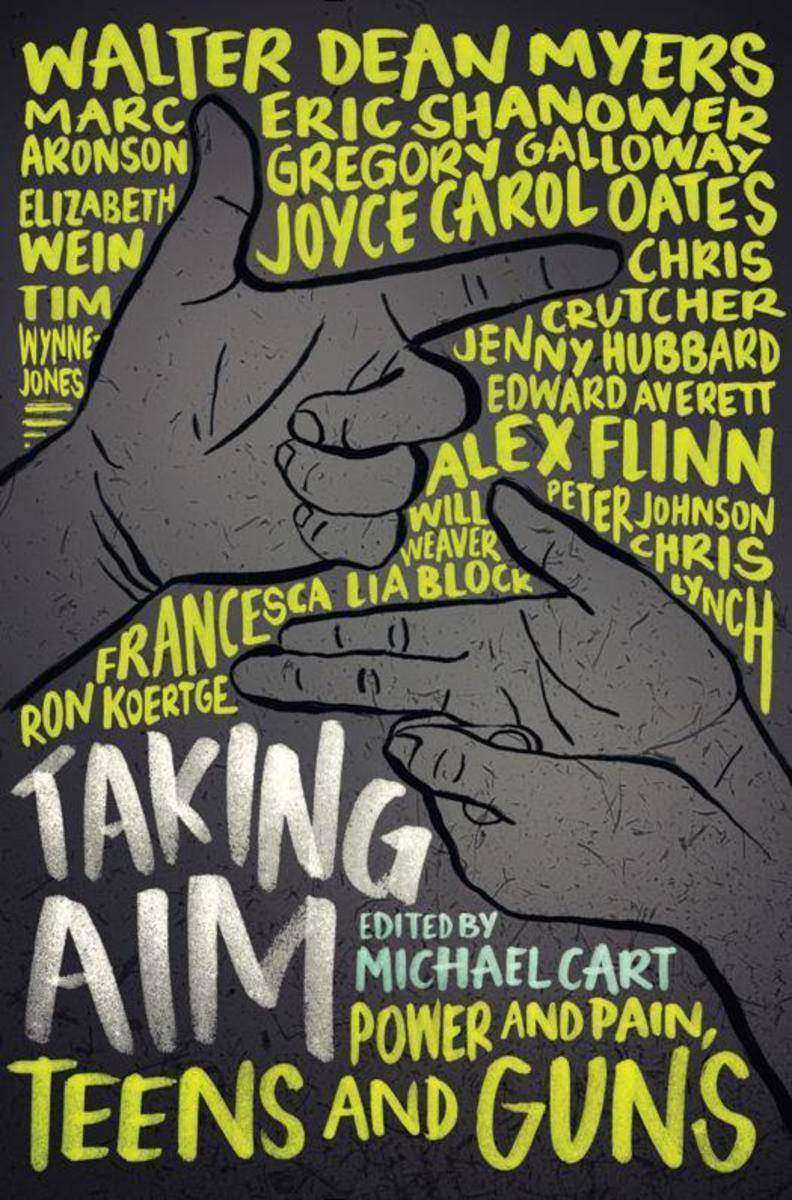
Taking Aim
¥56.08
Powerful, riveting, and real. Sixteen celebrated authors bring us raw, insightful stories that explore guns and teens in a fiction collection that is thought provoking and emotionally gripping. For fans of Forgive Me, Leonard Peacock and Give a Boy a Gun, and with an array of YA talent like the late great Walter Dean Myers, the poetic Joyce Carol Oates, the prophetic Elizabeth Wein, and the gritty Chris Crutcher, these are evocative voices that each has a different perspective to give. Capturing the hurt and the healing, victims and perpetrators, these stories get to the heart of the matter.From a boy whose low self-esteem is impacted when a gun comes into his possession to a student recalling a senseless tragedy that befell a favorite teacher, from a realistic look at hunting to a provocative look at a family that defies stereotypes, each emotional story stirs the debate to new levels. The juxtaposition of guns and their consequences offers moving tales, each a reminder of how crucial the question of guns in our society is, and the impact they have on all of us.Other acclaimed contributors are Marc Aronson, Edward Averett, Francesca Lia Block, Alex Flinn, Gregory Galloway, Jenny Hubbard, Peter Johnson, Ron Koertge, Chris Lynch, Eric Shanower, Will Weaver, and Tim Wynne-Jones.
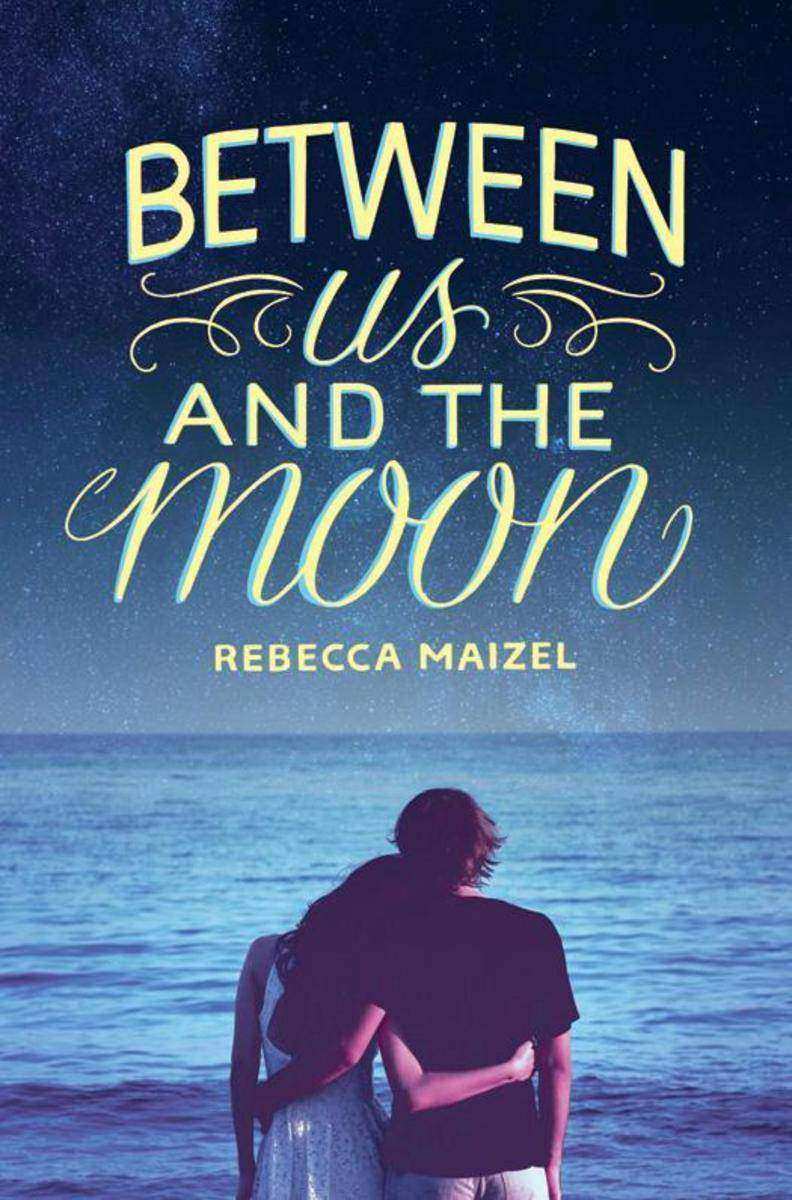
Between Us and the Moon
¥101.00
A luminous YA love story that evokes Judy Blume's Forever for a new generation. Sarah—Bean to her friends and family—is an aspiring astronomer and champion mathlete. She lives behind her beloved telescope, with her head in the stars and her feet planted firmly on the ground. For as long as she can remember, she's also lived in the shadow of her beautiful older sister, Scarlett.But after a traumatic end to the school year, Sarah goes to Cape Cod for the summer with her family, determined to grow up. It's there that she meets gorgeous, older college boy Andrew. He sees her as the girl she wants to be. A girl like Scarlett. He thinks she's older, too—and she doesn't correct him.For Sarah, it's a summer of firsts. Before she knows what's happened, one little lie has transformed into something real. And by the end of August, she might have to choose between falling in love, and finding herself.Fans of Jenny Han and Stephanie Perkins are destined to fall for this romantic and heartfelt coming-of-age novel about how life and love are impossible to predict.
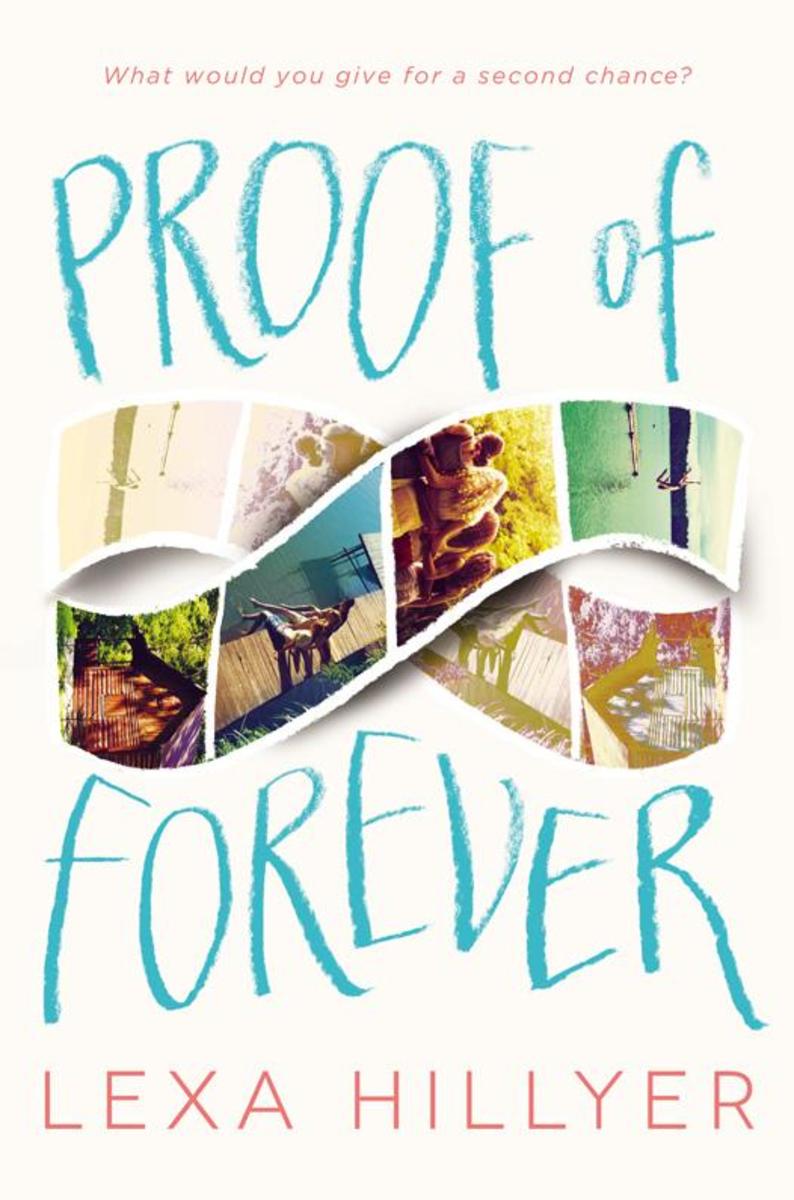
Proof of Forever
¥55.93
From debut author and poet Lexa Hillyer comes the lyrical story of four seventeen-year-old friends who receive an unlikely chance to relive the perfect summer . . . and the devastating secret that could unravel it all. Elegant and evocative, Proof of Forever is one of those first novels that hooks you from the beginning and builds toward a stunning—and unexpected—end, calling to mind Gayle Forman and Ann Brashares.Joy, Tali, Luce, and Zoe were once best friends. Now they barely speak. That is, until the fateful flash of a photo-booth camera transports them back in time, to the summer they were fifteen—the summer everything changed. Photos fade. Friendships dissolve. Summers end. But this one will change the girls forever . . . again.Wendy Wunder calls Proof of Forever "The Sisterhood of the (Time) Traveling Pants for a new generation!"
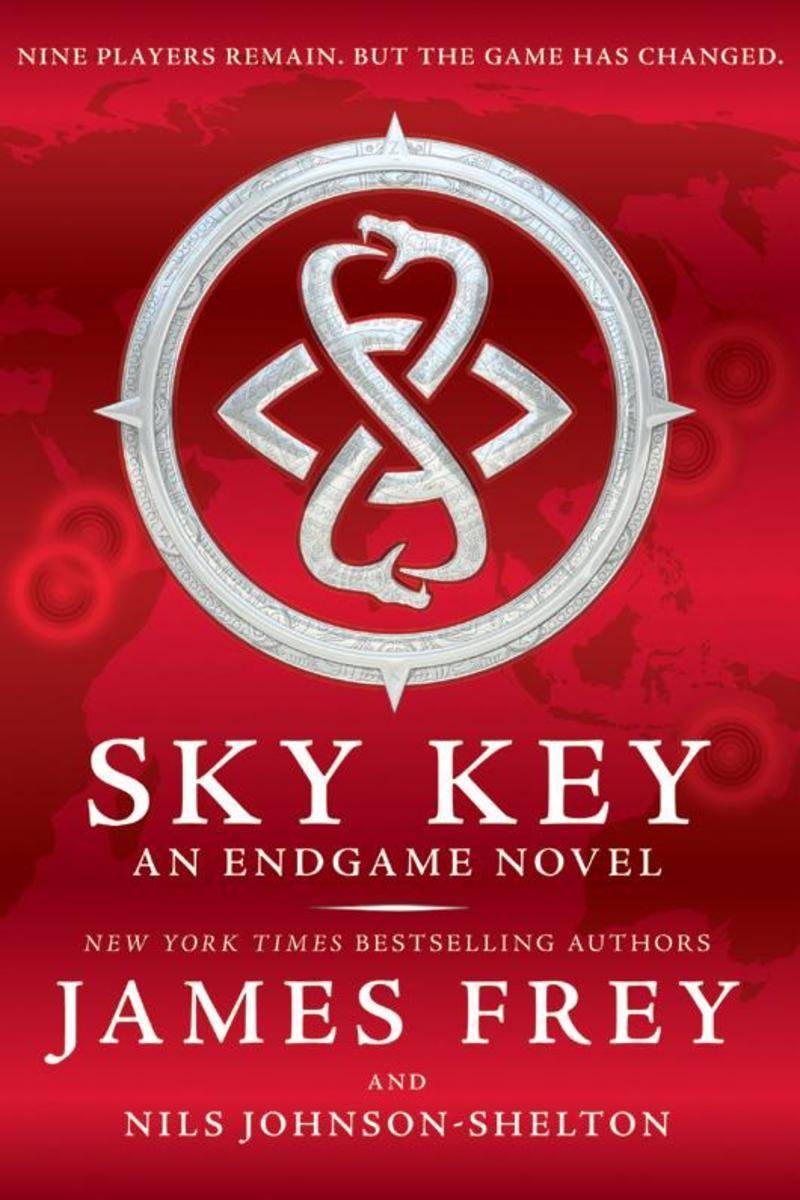
Endgame: Sky Key
¥61.52
The sequel to the New York Times bestseller and international multimedia phenomenon, Endgame: The Calling.Endgame is here. Earth Key has been found. Two keys—and nine Players—remain. The keys must be found, and only one Player can win.Queens, New York. Aisling Kopp believes the unthinkable: that Endgame can be stopped. But before she can get home to regroup, she is approached by the CIA. They know about Endgame. And they have their own ideas about how it should be Played. Ideas that could change everything.Kingdom of Aksum, Ethiopia. Hilal ibn Isa al-Salt narrowly survived an attack that leaves him horribly disfigured. He now knows something the other Players do not. But the Aksumites have a secret that is unique to their line. A secret that can help redeem humanity—and maybe even be used to help defeat the beings behind Endgame.London, England. Sarah Alopay has found the first key. She is with Jago—and they are winning.But getting Earth Key has come at a great cost to Sarah. The only thing that keeps the demons at bay is Playing. Playing to win.Sky Key—wherever it is, whatever it is—is next. And the nine remaining Players will stop at nothing to get it.
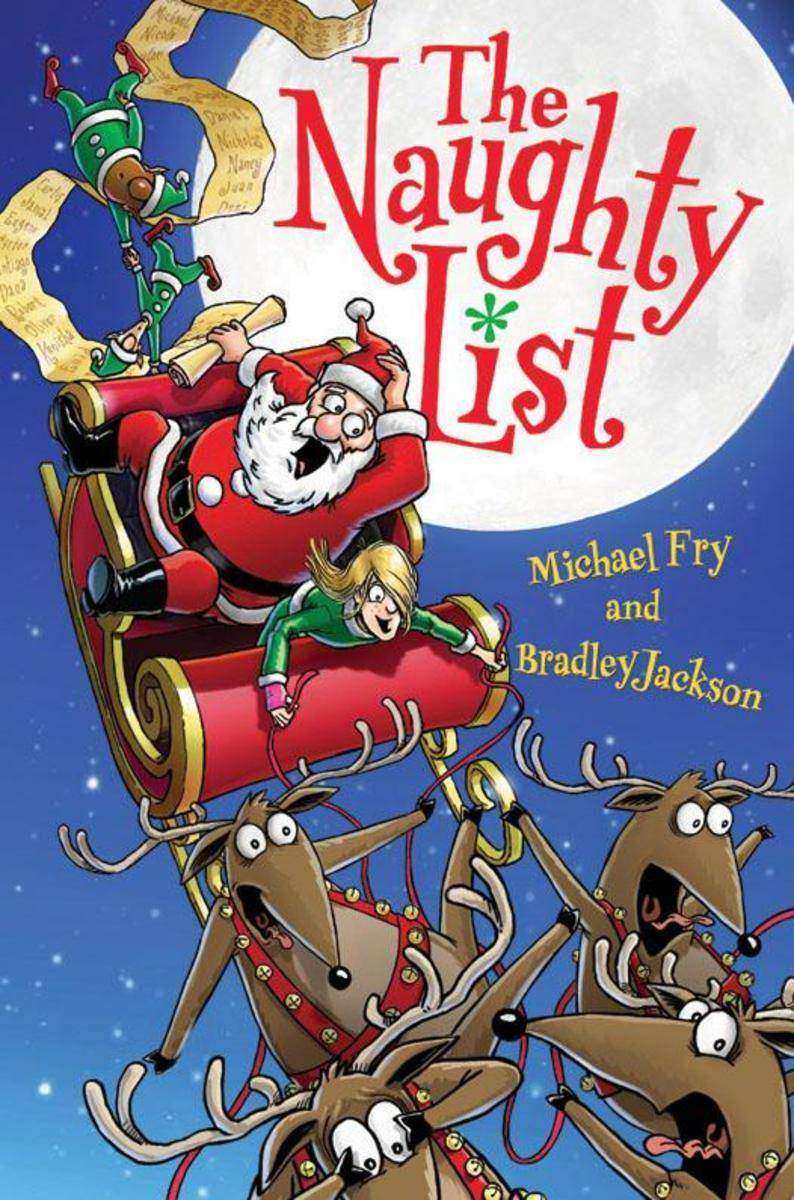
The Naughty List
¥71.94
When Bobbie's hilariously bumbling efforts to save her brother's Christmas actually land him on Santa's Naughty List, she must travel to the North Pole to make things right again and save Christmas. Bobbie suddenly finds herself on an epic holiday adventure complete with rogue elves, dysfunctional reindeer, a lazy Santa, and more.Fans of the Big Nate and Diary of a Wimpy Kid series will love this laugh-out-loud funny Christmas adventure packed with comic illustrations.
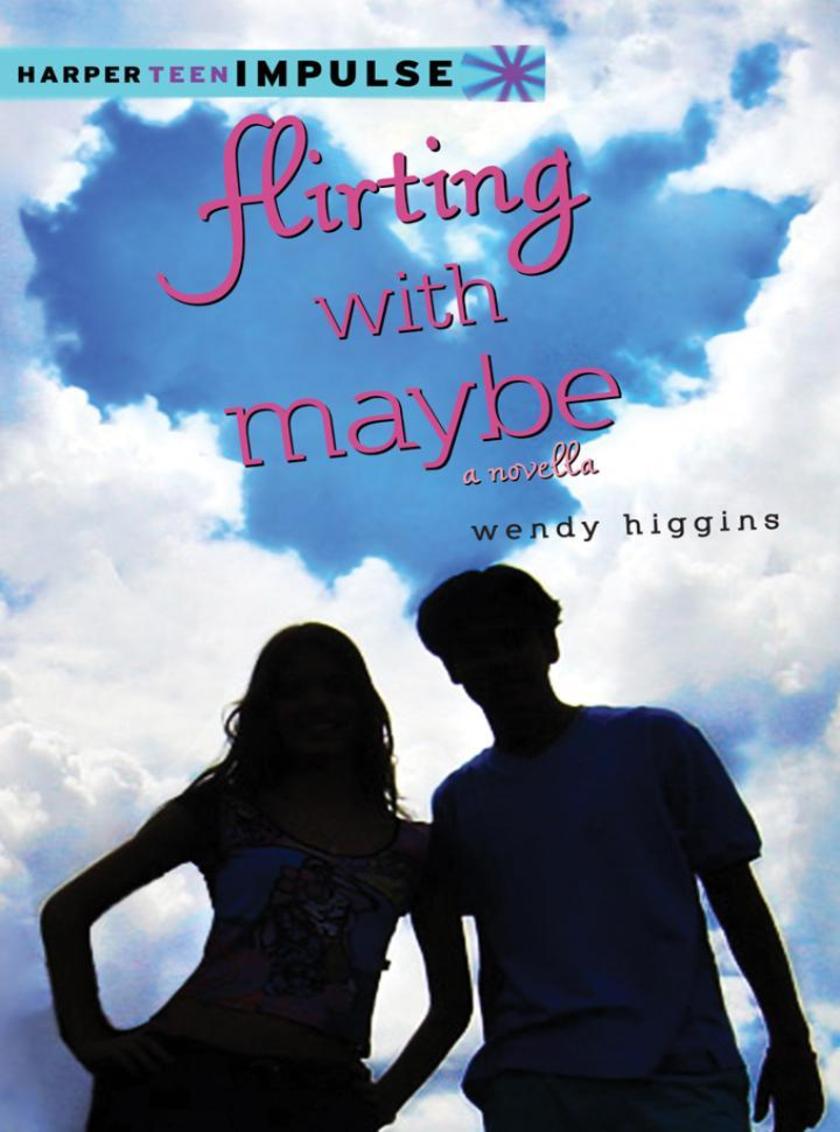
Flirting with Maybe
¥21.51
Sweet Evil author Wendy Higgins captivates with this fresh romance filled with alluring chemistry and coming-of-age tension. This 96-page novella of unrequited love between sophomore Ryan "The Kid" McPhearson, who makes the varsity baseball team and finds himself immersed in the life of upperclassmen, and the untouchable senior Brooke Bennet is rife with emotion. Maybe to the outside world a two-year age difference doesn't matter, but this is high school. Everything matters. Higgins's deeply felt characters are tested with romantic highs and lows that are powerful, poignant, and keep us wanting more. Includes a hot teaser chapter from Sweet Peril, the second book in Higgins's paranormal Sweet Evil series.Epic Reads Impulse is a digital imprint with new releases each month.

Sweet Peril
¥55.93
Fans of Cassandra Clare's Mortal Instruments series will be drawn to Wendy Higgins's sexy, thrilling Sweet Evil series.Sweet Peril focuses on the battle between light and dark, good and evil, within Anna Whitt, the child of a guardian angel mother and a demon father. Anna promised herself she'd never do the work of her father—polluting souls. She'd been naive to make such a claim. Haunted by demon whisperers, Anna does whatever she can to survive, even if it means earning an unwanted reputation as her school's party girl. And all the while there's gorgeous bad-boy Kaidan Rowe, the son of the Duke of Lust, plaguing her heart and mind.Anna discovers it is her fate to banish demons from the earth, and save the other Nephilim from their dark destiny. Until then, Anna and Kaidan must put aside the issues between them, overcome the steamiest of temptations yet, and face the ultimate question: is loving someone worth risking their life?
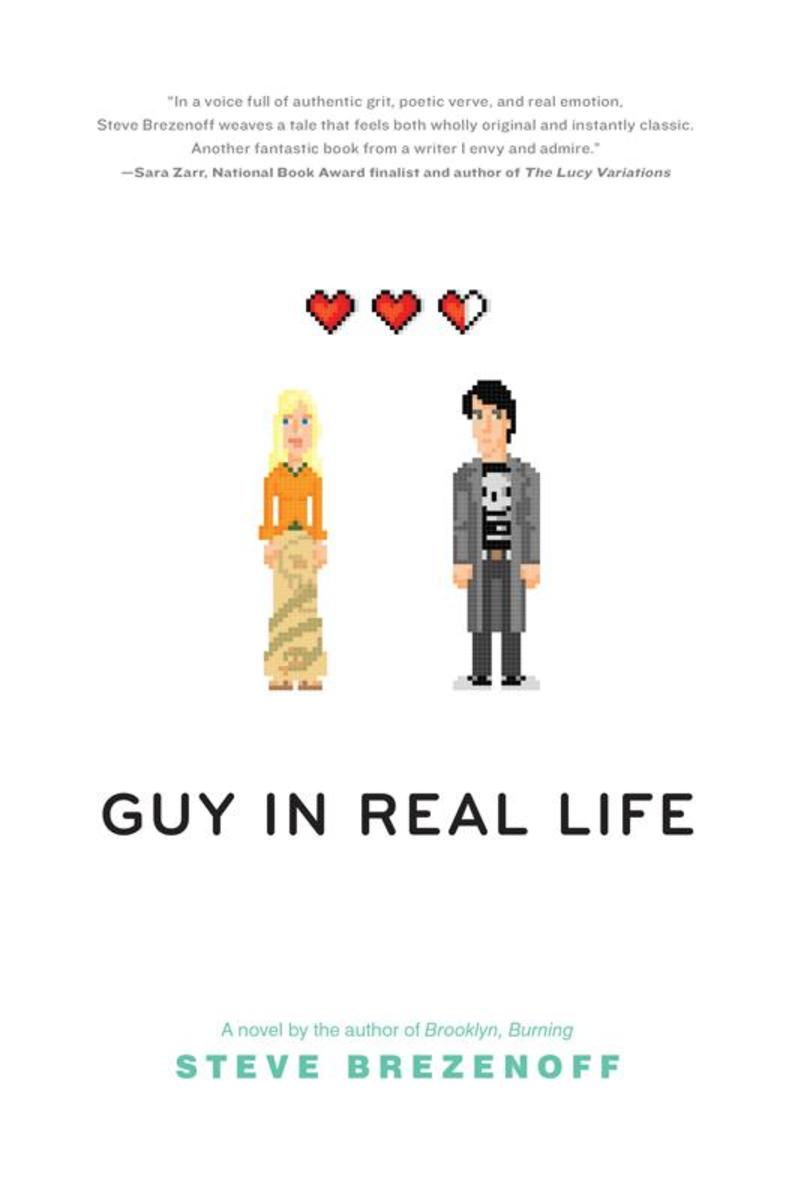
Guy in Real Life
¥55.33
From the acclaimed author of Brooklyn, Burning comes Guy in Real Life, an achingly real and profoundly moving love story about two teens that National Book Award–finalist Sara Zarr has called "wholly original and instantly classic."It is Labor Day weekend in Saint Paul, Minnesota, and boy and girl collide on a dark street at two thirty in the morning: Lesh, who wears black, listens to metal, and plays MMOs; Svetlana, who embroiders her skirts, listens to Bj?rk and Berlioz, and dungeon masters her own RPG. They should pick themselves up, continue on their way, and never talk to each other again.But they don't.This is a story of the roles we all play—at school, at home, online, and with our friends—and the one person who might be able to show us who we are underneath it all.
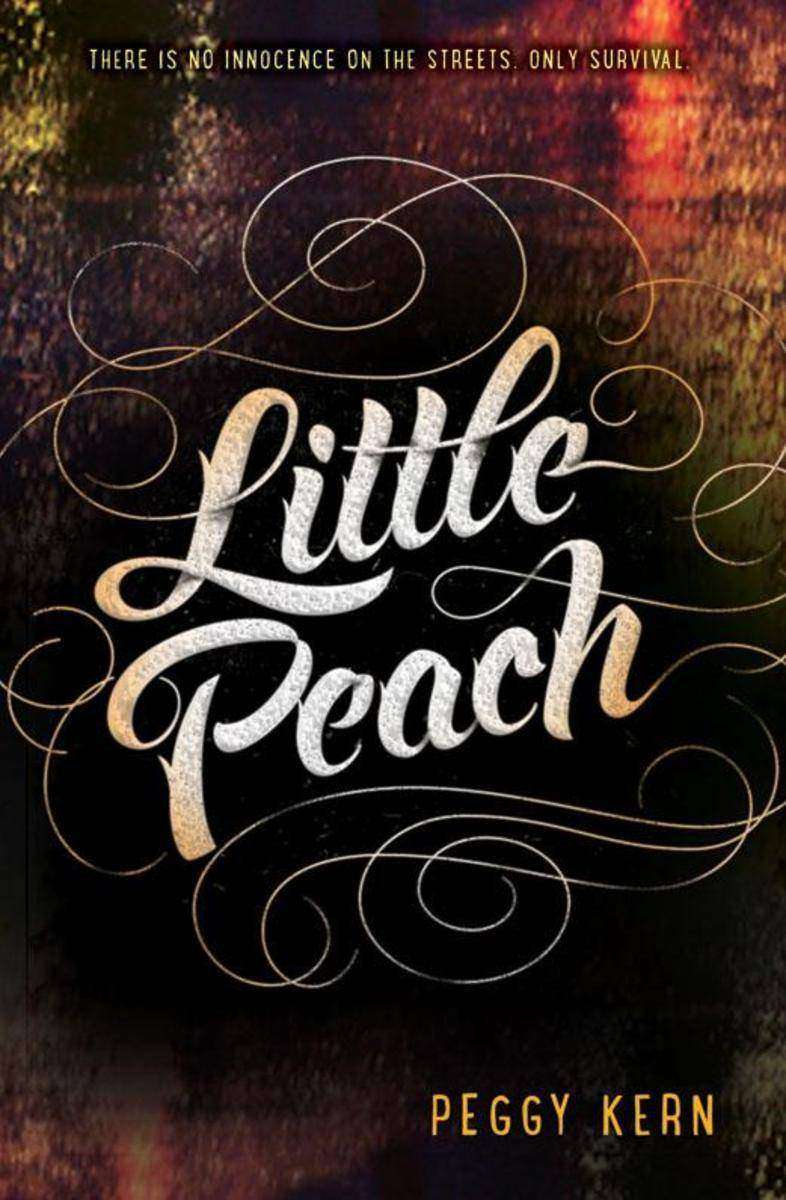
Little Peach
¥99.65
A riveting and powerful story of a runaway girl lured into prostitution in New York City, perfect for fans of Ellen Hopkins and Patricia McCormick.What do you do if you're in troubleWhen Michelle runs away from her drug-addicted mother, she has just enough money to make it to New York City, where she hopes to move in with a friend. But once she arrives at the bustling Port Authority, she is confronted with the terrifying truth: She is alone and out of options.Then she meets Devon, a good-looking, well-dressed guy who emerges from the crowd armed with a kind smile, a place for her to stay, and eyes that seem to understand exactly how she feels. But Devon is not who he seems to be, and soon Michelle finds herself engulfed in the world of child prostitution, where he becomes her "Daddy" and she is his "Little Peach." It is a world of impossible choices, where the line between love and abuse, captor and savior, is blurred beyond recognition.This hauntingly vivid story illustrates the human spirit's indomitable search for home and one girl's struggle to survive.
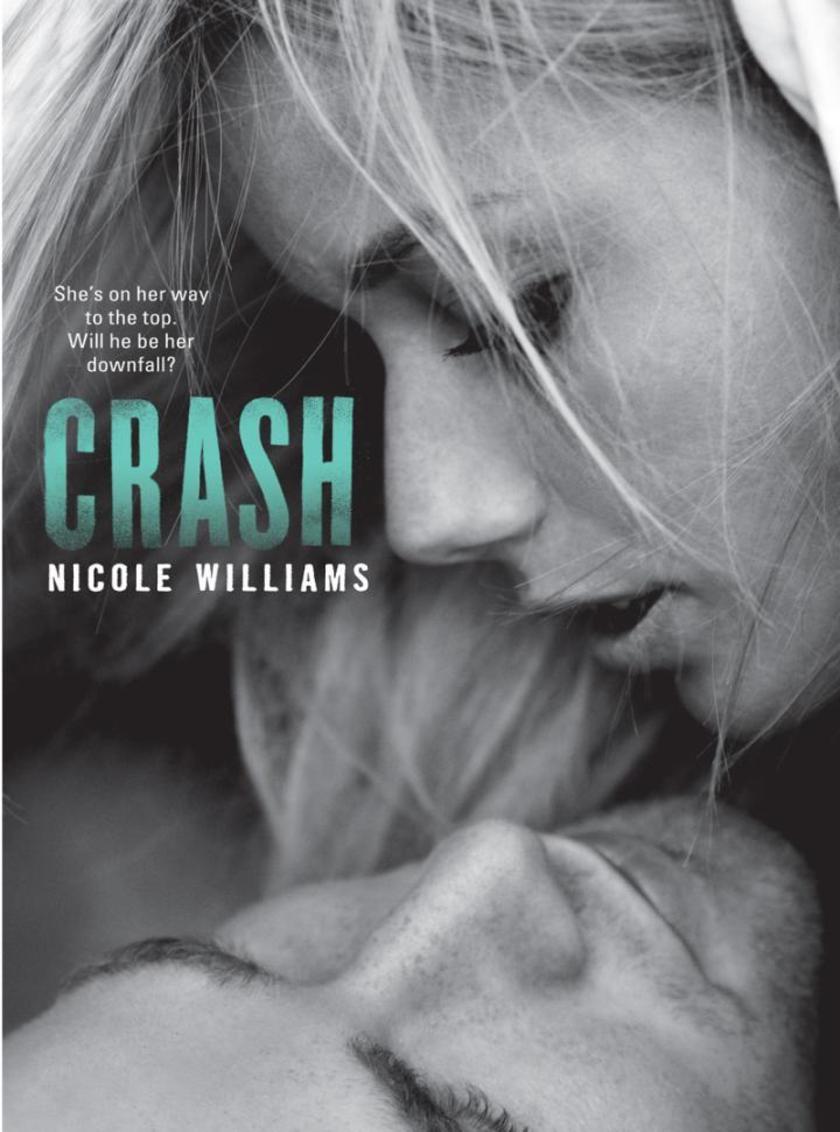
Crash
¥56.08
In this first book in the New York Times bestselling Crash trilogy, the world is introduced to this generation's Romeo and Juliet: Jude Ryder and Lucy Larson—Explosive. Sizzling. Tragic.A steamy summer encounter with bad boy Jude means trouble for Lucy. Her sights are set on becoming a ballerina, and she won't let anything get in her way . . . except Jude.He's got a rap sheet, dangerous mood swings, and a name that's been sighed, shouted, and cursed by who knows how many girls.Jude's a cancer, the kind of guy who's fated to ruin the lives of girls like Lucy—and he tells her so.But as rumors run rampant and reputations are destroyed, Lucy's not listening to Jude's warning. Is tragedy waiting in the wingsThis racy romance is hot, hot, hot!

The Fairy Bell Sisters #5: Sylva and the Lost Treasure
¥28.01
Readers of Disney Fairies, The Never Girls, and Rainbow Magic will absolutely love the fifth book in the Fairy Bell Sisters series by Margaret McNamara, a delightful chapter-book series about Tinker Bell's little sisters for kids ages 6-10.Springtime means spring-cleaning for the fairies of Sheepskerry Island. It also means getting to search for treasure in the jumble pile—a giant collection of unwanted items outside Queen Mab's palace. When Sylva Bell and her best friend, Poppy Flower, find Queen Mab's old fairy dollhouse in the pile, they are overjoyed! But as the two friends play with it, they start to unlock its secrets and discover its special magic—a magic that has a history of putting friendships to the test.

The Fairy Bell Sisters #6: Christmas Fairy Magic
¥28.01
The Fairy Bell Sisters get in the Christmas spirit in this sixth book in Margaret McNamara’s delightful chapter-book series about Tinker Bell’s little sisters, perfect for kids ages 6 to10 who enjoy Disney Fairies, The Never Girls, and Rainbow Magic.There are only ten days left until Christmas, and the Fairy Bell Sisters couldn’t be more excited: this year, their big sister Tinker Bell is coming home to visit! Tink says she’s going to treat her sisters to the very best Christmas by bringing?presents and decorations from Neverland. Then she makes her sisters promise not to do anything to prepare for the holiday—they work hard enough already!But as Christmas draws nearer—and Tink still has not arrived—Clara, Rosy, Goldie, and Sylva find it harder and harder not to join in the Fairyland festivities.?And on top of everything else, baby Squeak has started acting rather strangely. . . . Will the season be ruinedOr will the Fairy Bell Sisters find enough faith in one another to make this the most magical Christmas ever?
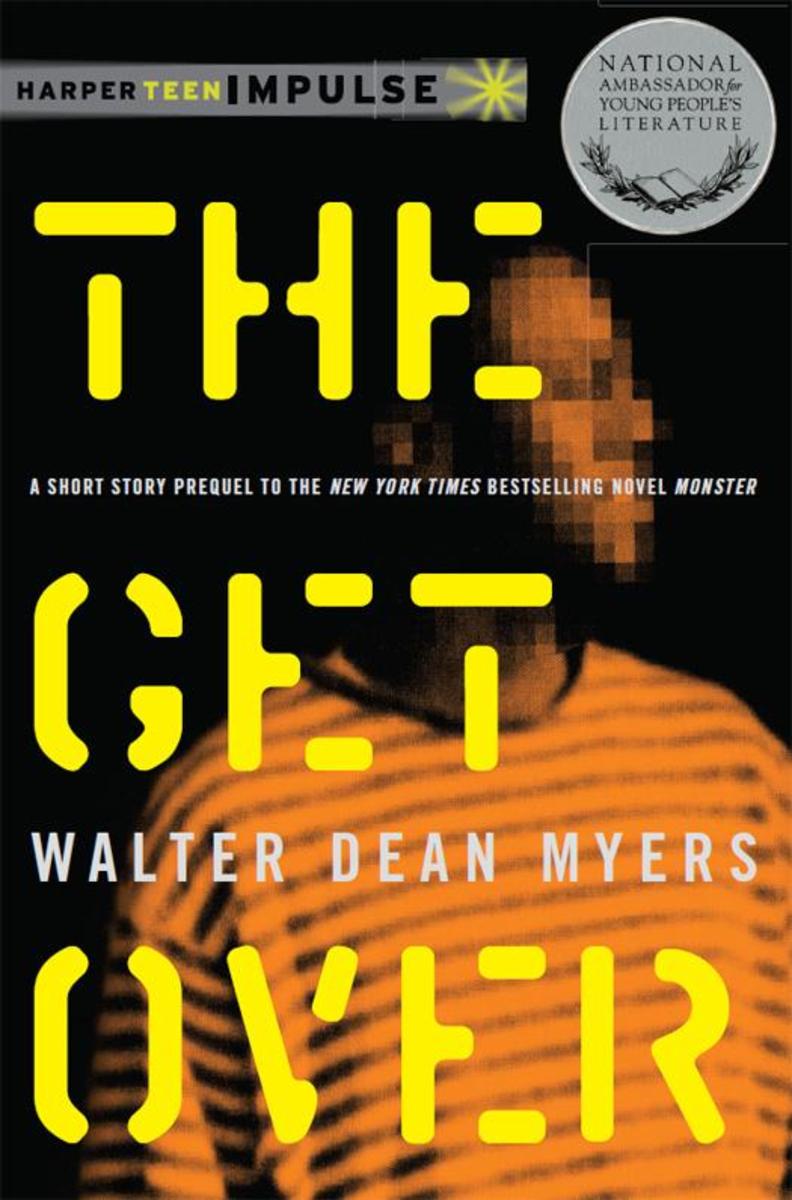
The Get Over
¥10.83
From beloved author Walter Dean Myers, this original 20-page short story serves as a prequel to his award-winning novel Monster, which has been read and loved by millions of readers.Word on the street is that a robbery is about to go down in Harlem, and Steve Harmon is right in the middle of it. Everyone is trying to prove who's the toughest. Steve gets caught up in the talk and wonders about the difference between right and wrong. Should he turn these guys inStay quietWhat choice will Steve make?Walter Dean Myers was the New York Times bestselling author of Monster, the winner of the first Michael L. Printz Award; a former National Ambassador for Young People's Literature; and an inaugural NYC Literary Honoree. Myers received every single major award in the field of children's literature. He was the author of two Newbery Honor Books and six Coretta Scott King Awardees. He was the recipient of the Margaret A. Edwards Award for lifetime achievement in writing for young adults, a three-time National Book Award Finalist, as well as the first-ever recipient of the Coretta Scott King–Virginia Hamilton Award for Lifetime Achievement.Epic Reads Impulse is a digital imprint with new releases each month.
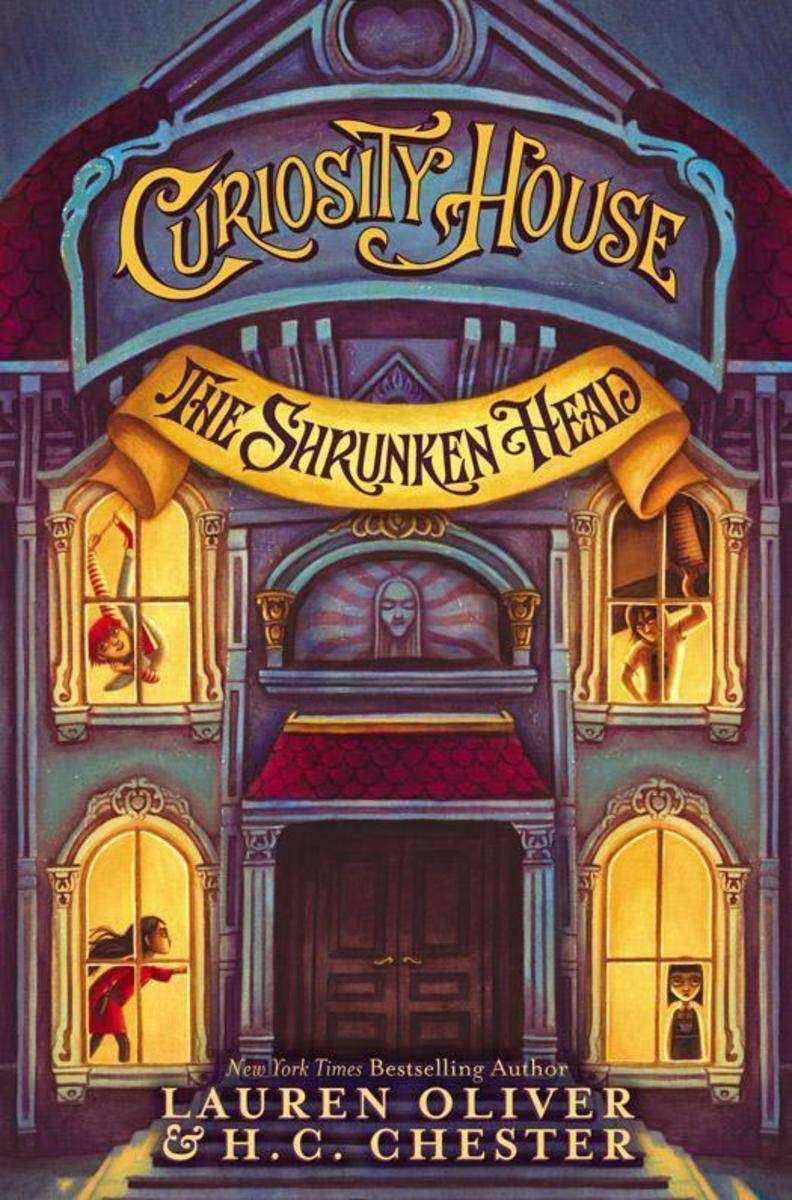
Curiosity House: The Shrunken Head
¥38.72
The book is about, among other things: the strongest boy in the world, a talking cockatoo, a faulty mind reader, a beautiful bearded lady and a nervous magician, an old museum, and a shrunken head.Blessed with extraordinary abilities, orphans Philippa, Sam, and Thomas have grown up happily in Dumfrey’s Dime Museum of Freaks, Oddities, and Wonders. But when a fourth child, Max, a knife-thrower, joins the group, it sets off an unforgettable chain of events.When the museum’s Amazonian shrunken head is stolen, the four are determined to get it back. But their search leads them to a series of murders and an explosive secret about their pasts. This sensational new series combines the unparalleled storytelling gifts of Lauren Oliver with the rich knowledge of the notorious relics collector H. C. Chester.What you will find in this book:A rather attractive bearded ladySeveral scandalous murdersA deliciously disgusting Amazonian shrunken headFour extraordinary children with equally extraordinary abilitiesA quite loquacious talking birdWhat you will NOT find in this book:An accountant named SeymourA never-ending line at the post officeBrussels sprouts (shudder)A lecture on finishing all your homework on timeA sweet, gooey story for nice little girls and boysLearn more about the series online at www.thecuriosityhouse.com.
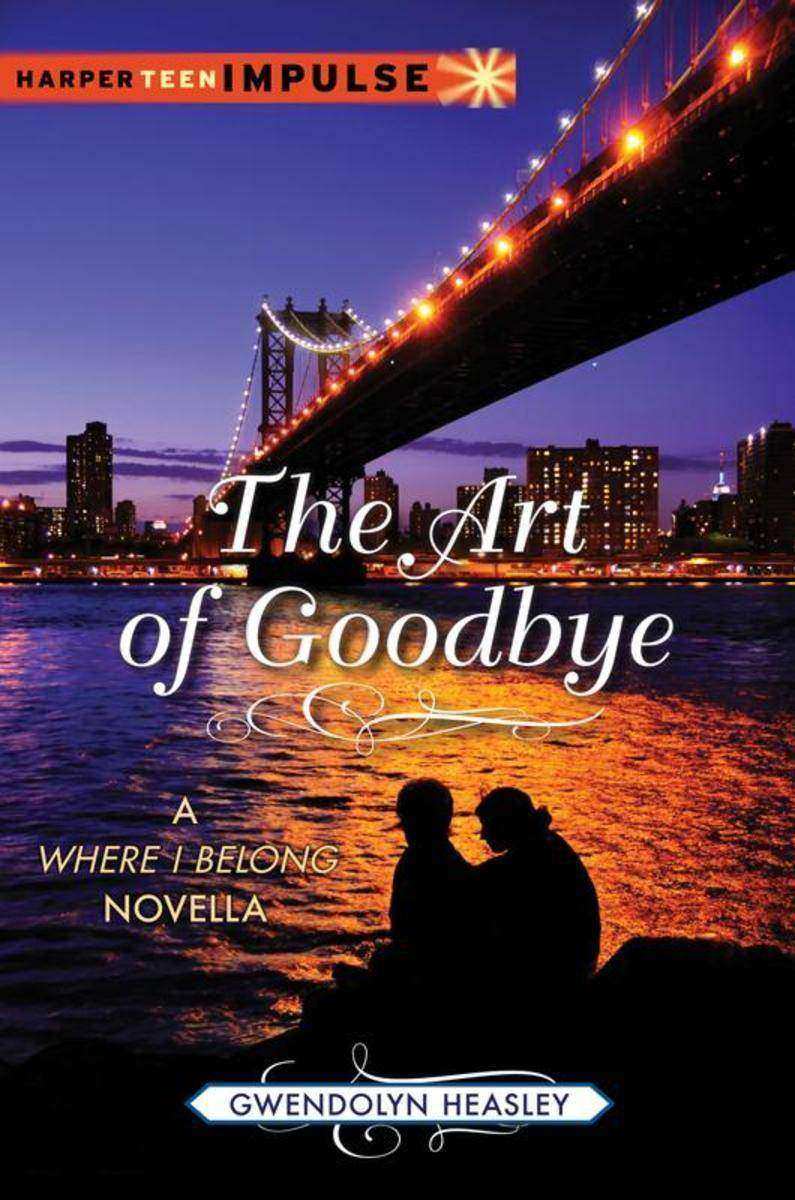
The Art of Goodbye
¥21.73
The heroine of Where I Belong is back in The Art of Goodbye, a romantic digital original novella about first loves and second chances.It's Corrinne Corcoran's last night in town before heading off to college, and she's determined it'll be the most epic night ever. She's planned every detail of each hour of the night, from what dresses she'll wear, to what parties she'll hit, to which of her best friends will be with her. But Corrinne's perfect plan for her last night in New York goes awry when she runs into a ghost from her past, and the boy she's never been able to forget—her ex-boyfriend, Bubby, from Broken Spoke. And Corrinne starts to wonder if her expertly planned goodbye to New York City was as perfect as it seemed. . . . Set over the twelve-hour period before Corrinne sets off for college, The Art of Goodbye will make you believe that true love can find you when you're least expecting it . . . again.Epic Reads Impulse is a digital imprint with new releases each month.
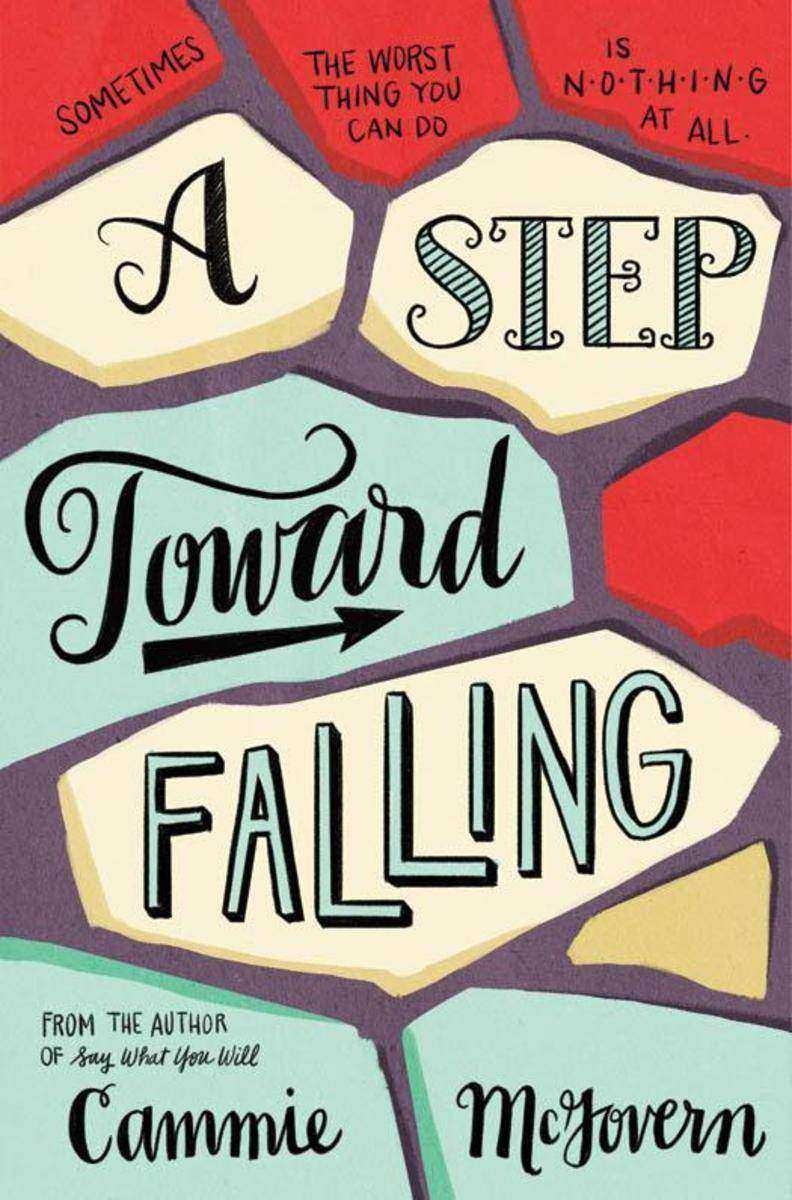
A Step Toward Falling
¥55.33
Cammie McGovern follows up her breakout young adult debut, Say What You Will, with this powerful and unforgettable novel about learning from your mistakes, and learning to forgive. Told in alternating points of view, A Step Toward Falling is a poignant, hopeful, and altogether stunning work that will appeal to fans of Jennifer Nevin, Robyn Schneider, and Jandy Nelson.Emily has always been the kind of girl who tries to do the right thing—until one night when she does the worst thing possible. She sees Belinda, a classmate with developmental disabilities, being attacked. Inexplicably, she does nothing at all.Belinda, however, manages to save herself. When their high school finds out what happened, Emily and Lucas, a football player who was also there that night, are required to perform community service at a center for disabled people. Soon, Lucas and Emily begin to feel like maybe they're starting to make a real difference. Like they would be able to do the right thing if they could do that night all over again. But can they do anything that will actually help the one person they hurt the most?
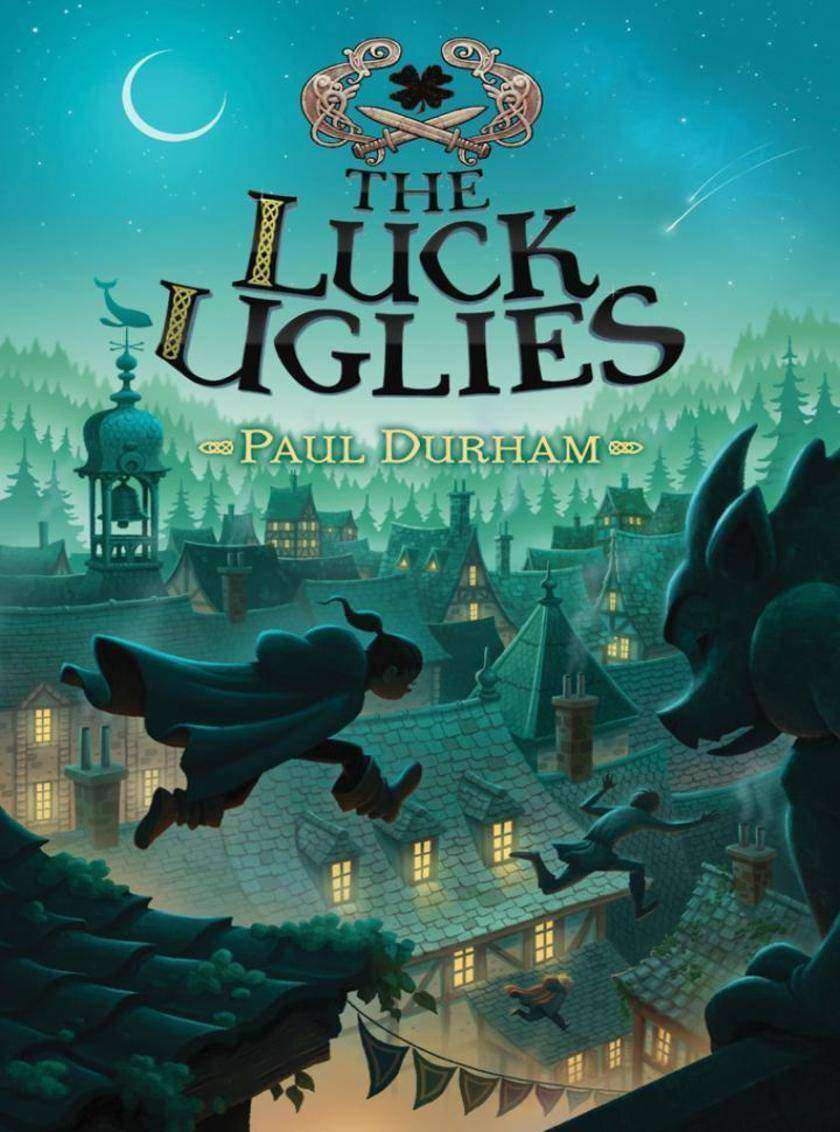
The Luck Uglies
¥39.13
The first in a series with the makings of a modern classic, The Luck Uglies is an irresistible cross between Joseph Delaney's The Last Apprentice and Chris Colfer's Land of Stories series, overflowing with adventure, secrets, friendship, and magic.Rye O'Chanter has seen a lot of strange things happen in Village Drowning: children are chased through the streets. Families are fined for breaking laws that don't even exist. Girls aren't allowed to read anymore, and certain books—books that hold secrets about Drowning's past—have been outlawed altogether.Now a terrifying encounter has eleven-year-old Rye convinced that the monstrous, supposedly extinct Bog Noblins have returned. Before the monsters disappeared, there was only one way to defeat them—the Luck Uglies. But the Luck Uglies have long since been exiled, and there's nobody left who can protect the village.As Rye dives into Drowning's maze of secrets, rules, and lies, she begins to question everything she's been told about the village's legend of outlaws and beasts . . . and what she'll discover is that it may take a villain to save them from the monsters.This critically acclaimed debut middle grade novel was named an ALA Notable Book and a New York Public Library Title for Reading and Sharing and won the Cybil Award for Middle Grade Speculative Fiction.
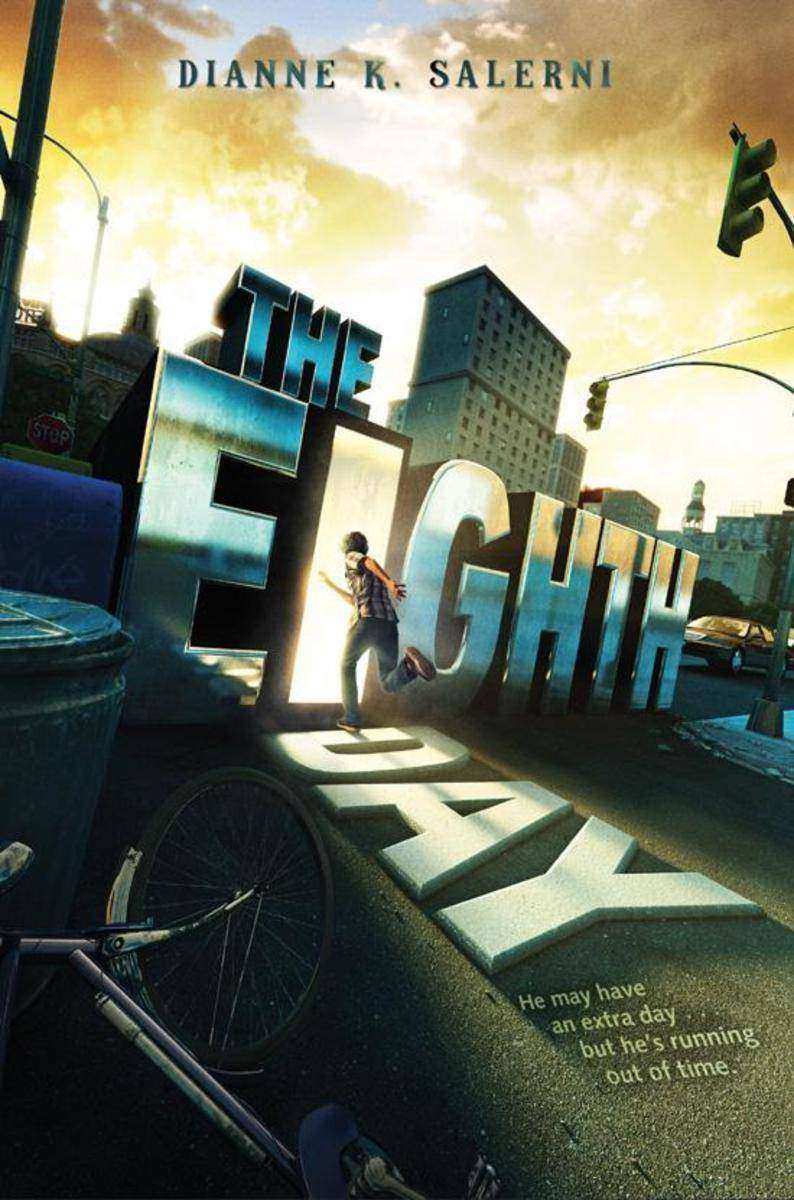
The Eighth Day
¥38.72
In this riveting fantasy adventure, thirteen-year-old Jax Aubrey discovers a secret eighth day with roots tracing back to Arthurian legend. Fans of Percy Jackson will devour this first book in a new series that combines exciting magic and pulse-pounding suspense.When Jax wakes up to a world without any people in it, he assumes it's the zombie apocalypse. But when he runs into his eighteen-year-old guardian, Riley Pendare, he learns that he's really in the eighth day—an extra day sandwiched between Wednesday and Thursday. Some people—like Jax and Riley—are Transitioners, able to live in all eight days, while others, including Evangeline, the elusive teenage girl who's been hiding in the house next door, exist only on this special day. And there's a reason Evangeline's hiding. She is a descendant of the powerful wizard Merlin, and there is a group of people who wish to use her in order to destroy the normal seven-day world and all who live in it. Torn between protecting his new friend and saving the entire human race from complete destruction, Jax is faced with an impossible choice. Even with an eighth day, time is running out. Stay tuned for The Inquisitor's Mark, the spellbinding second novel in the Eighth Day series.
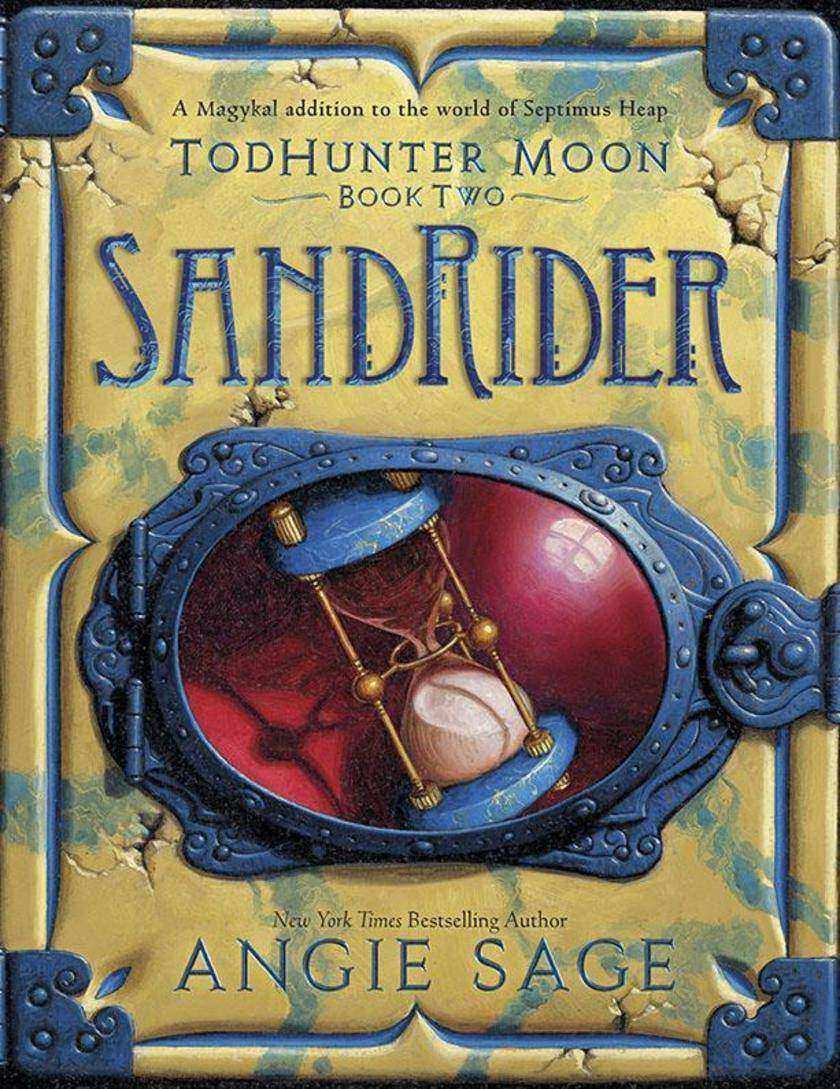
TodHunter Moon, Book Two: SandRider
¥44.73
Tod's story races on in this second book in the TodHunter Moon trilogy, a spinoff of the popular Septimus Heap series. Fans of Septimus as well as fantasy readers new to the world of Magyk will enjoy this next installment in the series ALA Booklist calls "warm and inventive." Full-page illustrations by renowned fantasy artist Mark Zug begin each section and add to the magic!Great for readers of Harry Potter or Brandon Mull's Fablehaven series, TodHunter Moon offers something for every reader, regardless of gender or age. SandRider is also a dynamic pick for parents reading aloud to younger children before bedtime.Taking place seven years after the events of the original Septimus Heap series, TodHunter Moon tells the story of Alice TodHunter Moon, a young PathFinder who comes to the Castle with a Magyk all her own. In this second book, Tod sets out for the Desert of the Singing Sands to retrieve the Egg of the Orm—a journey that will test not only her Magykal and PathFinding skills but her friendships, too.

Rock and a Hard Place
¥55.33
When you fall in love with a rock star, anything can happen. . . .Libby In an instant, Libby's life went from picture-perfect to a nightmare. After surviving a terrible car accident, Libby is abandoned by her father and left with her controlling aunt. A new town, a new school, no friends—Libby is utterly alone. But then she meets Peter.Peter The lead singer in a rock band with his brothers, Peter hates that his parents overly manage his life.Constantly surrounded by family, Peter just wants to get away. And when he meets Libby, he's finally found the one person who only wants to be with him, not the rock star.But while Peter battles his family's growing interference in both his music and his personal life, Libby struggles with her aunt, who turns nastier each day. And even though Libby and Peter desperately want to be together, their drastically different lives threaten to keep them apart forever.
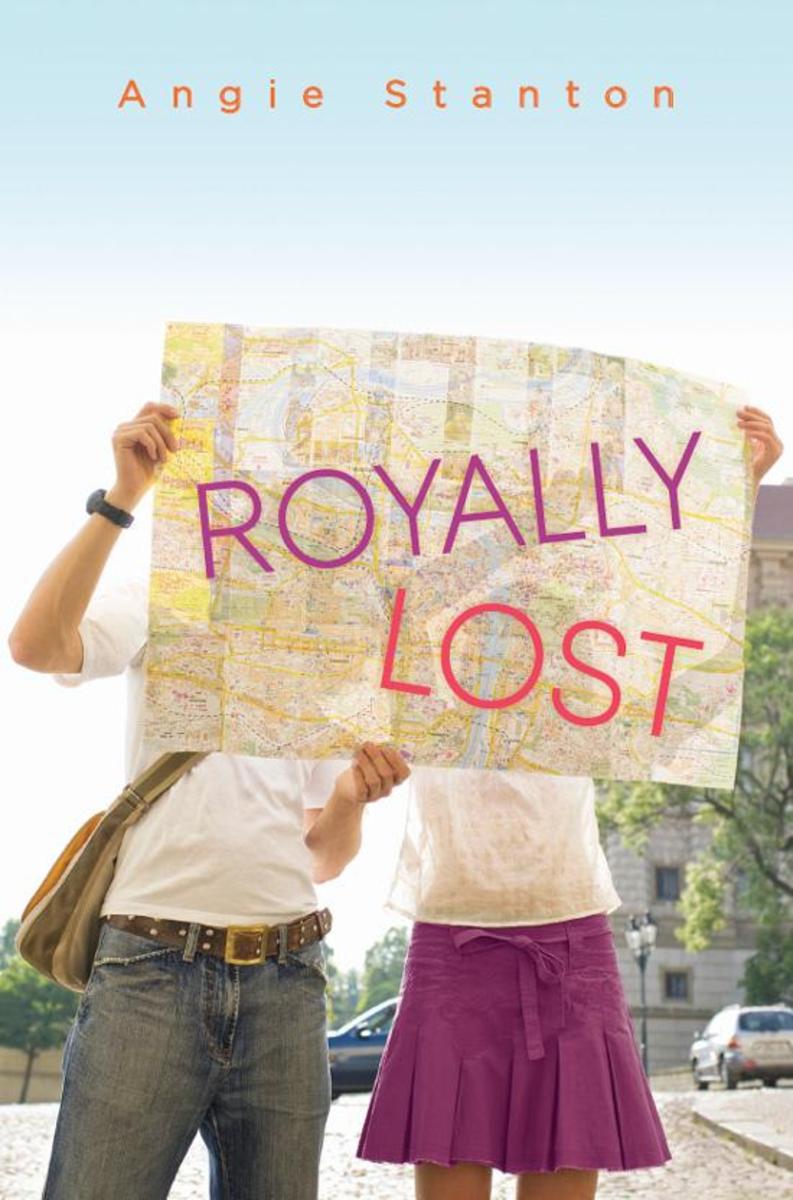
Royally Lost
¥56.08
Perfect for fans of Sarah Dessen, Susane Colasanti, and Jenny Han, Angie Stanton's brand-new romance asks the question, What would it be like to fall in love with a prince?Dragged on a family trip to Europe, Becca wants nothing more than to go home. Trapped with her emotionally distant father, overeager stepmother, and a brother who only wants to hook up with European hotties, Becca is miserable. Until she meets Nikolai.Nikolai has everything—he's a crown prince, heir to the throne, and girls adore him. But the one thing he doesn't have is freedom . . . so he flees his kingdom and goes on his own European trip.And when Nikolai and Becca meet, sparks fly. But Becca's family vacation ends in a matter of days. Will Nikolai and Becca be forced to say good-bye, or will they change history forever?




 购物车
购物车 个人中心
个人中心



